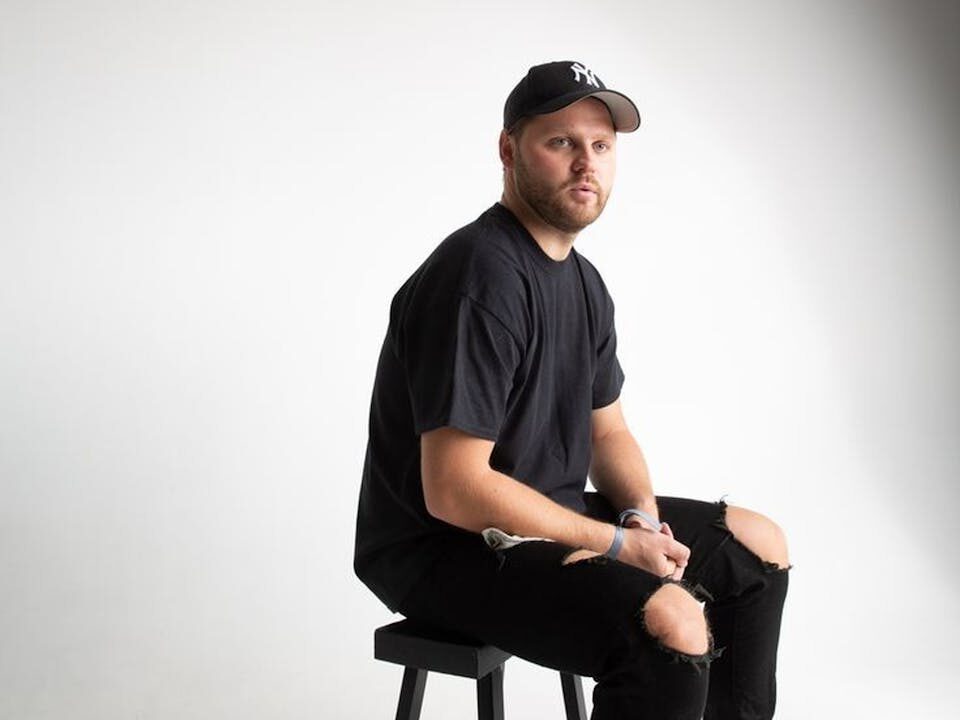
Some people pull away emotionally even when they’re in a relationship. It might seem like they’re distant on purpose, but the truth is, they’re protecting themselves in quiet ways. An avoidant attachment style usually shows up in how someone handles closeness, conflict, and connection. Here are 15 signs someone has an avoidant attachment style.
They Keep a Safe Distance Even When They Like You

They might care a lot about you, but still find ways to keep space between you. These people may avoid spending too much time together or dodge deeper talks. It’s not that they don’t enjoy the relationship—they feel much safer when there’s room to breathe. Emotional closeness makes them feel very vulnerable, and distance gives them a sense of control.
They Rarely Talk About Their Feelings

People with avoidant attachment often struggle to open up, even with those closest to them. They’re more comfortable focusing on facts or plans than emotions. If something’s bothering them, they’re more likely to shut down than share. They don’t feel safe putting them into words or letting someone else in.
They Pull Back When Things Get Too Close

As soon as a relationship starts to feel serious, they might suddenly act cold or distracted. One day you’re close, the next they’re hard to reach. They’re protecting themselves because they’re afraid of being too dependent on someone else, so they create distance when emotions run high.
They Value Independence More Than Connection

You’ll often hear them talk about needing “space” or wanting to do things on their own. Being self-reliant feels safer than depending on others. They might even avoid asking for help, even when they really need it. Their focus on independence often keeps them from fully showing up in relationships, even when they want to.
They Struggle With Long-Term Commitment

They want love, but they feel anxious when it comes with expectations. Commitment means vulnerability, and that’s hard for someone with an avoidant style. These folks might delay big steps in a relationship, question their feelings often, or worry about losing their freedom. The idea of “forever” can feel very threatening and not at all comforting.
They Downplay Their Own Needs

People with avoidant attachment often act like they don’t need much from others. They might hide it when they’re upset, say they’re fine when they’re not, or avoid conflict altogether. They’ve learned to take care of themselves emotionally, so asking for support can feel unfamiliar, or even weak. They prefer to keep things light rather than show what they really think.
They Seem Calm During Conflict, but Shut Down Emotionally

They don’t always raise their voice or seem angry during a disagreement. In fact, they might go quiet and withdraw completely. While it looks like they’re staying calm, what’s really happening is emotional shutdown. They avoid confrontation by emotionally checking out, which can leave their partner feeling confused or ignored.
They’re More Comfortable With Casual Than Close

They often do fine with casual dating, but deep emotional intimacy feels uncomfortable. It’s easier for them to stay on the surface than to let someone in fully. If a relationship starts getting too intense, they might suddenly back off, ghost, or change the subject whenever emotions come up. Surface-level feels safe—depth does not.
They Struggle to Trust Others Fully

It’s hard for them to believe that someone else will show up and stay. Even when someone proves they’re reliable, the avoidant partner might hold back. They’re always waiting for the other shoe to drop. This lack of trust makes it hard to build strong bonds, because they keep their guard up even when it isn’t necessary.
They Get Uncomfortable With Too Much Praise or Attention

You might think compliments or affection would help them open up, but sometimes it makes them pull back even more. These people might feel like they don’t deserve the love or assume there’s a hidden motive. When someone shows too much care too fast, it often sets off alarms instead of bringing comfort.
They Keep Conversations Light When Things Get Serious

The moment a conversation turns emotional or vulnerable, they’re quick to change the topic or crack a joke. It’s just how they manage discomfort. They might shift the focus to you, talk about work, or bring up something random to avoid going deeper. Emotional topics feel risky, so they avoid them without even thinking about it.
They Often Feel Misunderstood in Relationships

They don’t always realize how distant they seem, and they might feel confused when their partner says they’re emotionally unavailable. In their mind, these kinds of people are just being careful or protecting themselves. But on the outside, it can come across as cold or detached. This disconnect can lead to misunderstandings that are very hard to explain or fix.
They Prefer to Process Emotions Alone

Instead of talking things out, they’d rather take a step back and deal with feelings privately. When something upsetting happens, they don’t rush to vent or call someone—they go inward. That time alone helps them calm down, but it can also create distance that others don’t always understand. It’s how they stay in control of their emotions.
They Worry About Being Controlled or Losing Freedom

They often see emotional closeness as a threat to their independence. The idea of relying on someone, or someone relying too much on them, makes them feel trapped. Even if they care deeply, they might pull away to prove they’re still in control. Their fear isn’t always about the person—it’s about losing the space they feel they need to be okay.
They Feel Safer in Relationships Where the Other Person Is More Invested

You’ll often find them with partners who are more emotionally open or eager than they are. It gives them room to stay guarded without having to explain. They may not realize they’re doing it, but they often pick relationships where they can remain distant without much pushback. That imbalance feels familiar, even if it leaves both people feeling unsatisfied.

